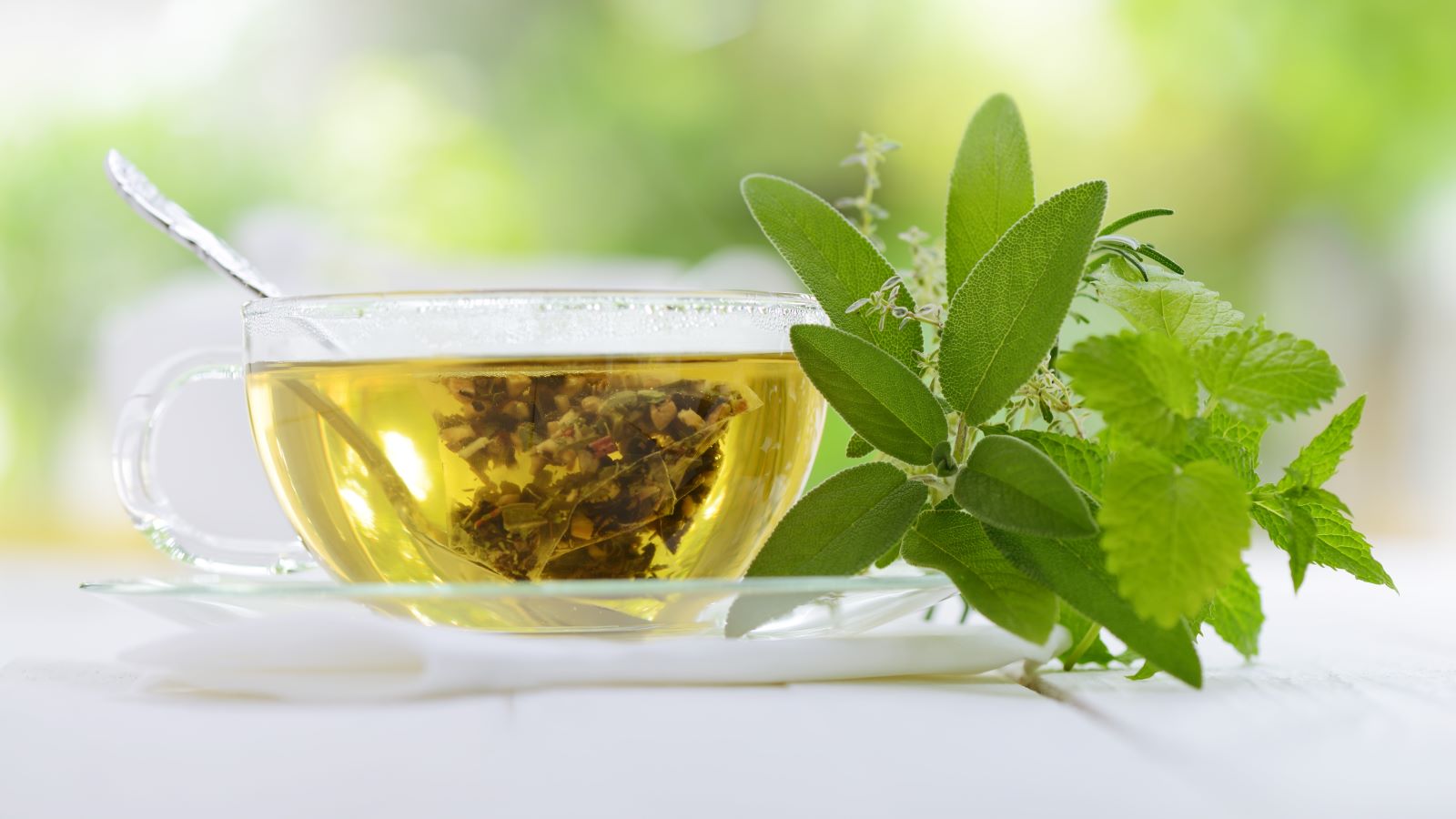Can sipping green tea really help you shed some pounds? It’s a buzzworthy claim, but before you brew another cup, let’s take a look at the science.
We asked Nivedita Agarwal, MD, a bariatric medicine specialist with Hartford HealthCare Medical & Surgical Weight Loss, to break down the research on green tea and weight loss — and offer some practical tips for achieving a healthier weight.
What’s in green tea that may help with weight loss?
Here’s the science behind the key ingredients in green tea and how they might support your weight loss goals.
- Catechins: These polyphenols — antioxidants found in plants — are found in brewed green tea, along with cocoa and red wine. One particular compound called EGCG (epigallocatechin-3-gallate) makes up 60-65% of the catechins in green tea. Studies have shown that EGCG can help reduce visceral fat found around your organs and support healthy blood sugar levels.
- Caffeine: Green tea also contains caffeine, which works alongside catechins. Caffeine can stimulate the nervous system, temporarily increasing your metabolic rate. It also promotes the breakdown of fat by increasing the release of adrenaline.
A typical 250 mL cup of brewed green tea contains around 50–100 mg of catechins and 30–40 mg of caffeine. However, the concentration of these compounds can vary significantly based on factors like brewing time and water temperature.
“Research suggests that caffeine and green tea catechins might work together to boost the body’s ability to burn calories by stimulating the nervous system,” explains Dr. Agarwal. “While caffeine alone can increase energy expenditure, combining it with catechins may enhance fat burning. However, the effects can vary depending on factors like your ethnicity or your regular caffeine intake.”
> Related: Can Seaweed Help With Weight Loss?
Studies on green tea and weight loss are mixed.
Research on green tea and weight loss is limited, leaving many unanswered questions, says Dr. Agarwal. Some concerns include:
- Small sample sizes: One study found that green tea improved insulin resistance and cholesterol, but only studied 92 people.
- Dosages: The idea dosage, and potential side effects of high dosages are still unknown
- Impact on non-obese individuals: Few studies have looked at the impact of green tea on body weight and composition in non-obese individuals, like athletes.
- Conflicting results: One larger study of 3,539 participants found no link between green tea and reduction in fat or metabolic syndrome.
“While numerous observational and intervention studies support the hypothesis that green tea extract promotes weight loss, several studies have not shown significant benefits,” says Dr. Agarwal. “This inconsistency may be due to differences in study design, consumption measurement, beverage temperature, lifestyle factors and genetic or environmental influences.”
The bottom line – see your doctor about weight loss.
Green tea won’t be an effective substitute if your doctor recommends a GLP-1 medication like Ozempic or weight loss surgery.
But what if your goals are more modest?
“It’s more effective to focus on lifestyle adjustments, such as incorporating adequate protein and high-fiber, non-starchy vegetables into each meal, along with adding strength training exercises to your routine, rather than relying on a single product,” says Dr. Agarwal. “Your doctor can help you find a plan that sets you up for success.”



